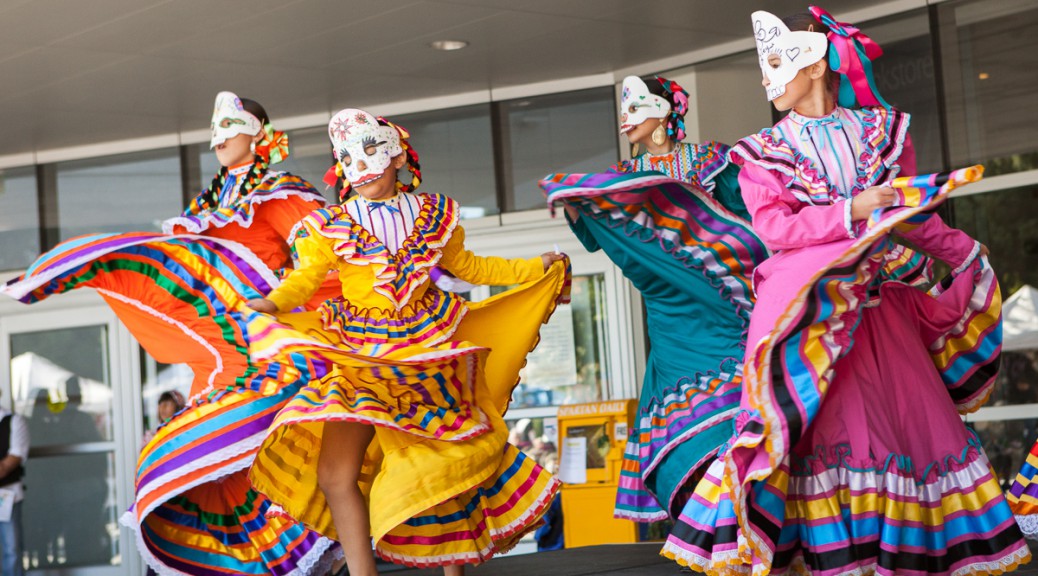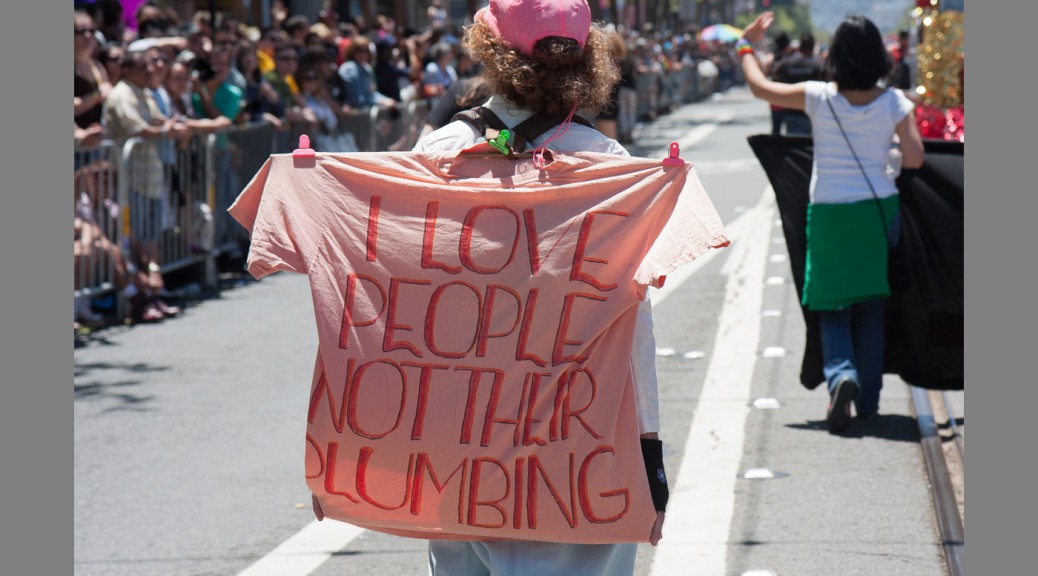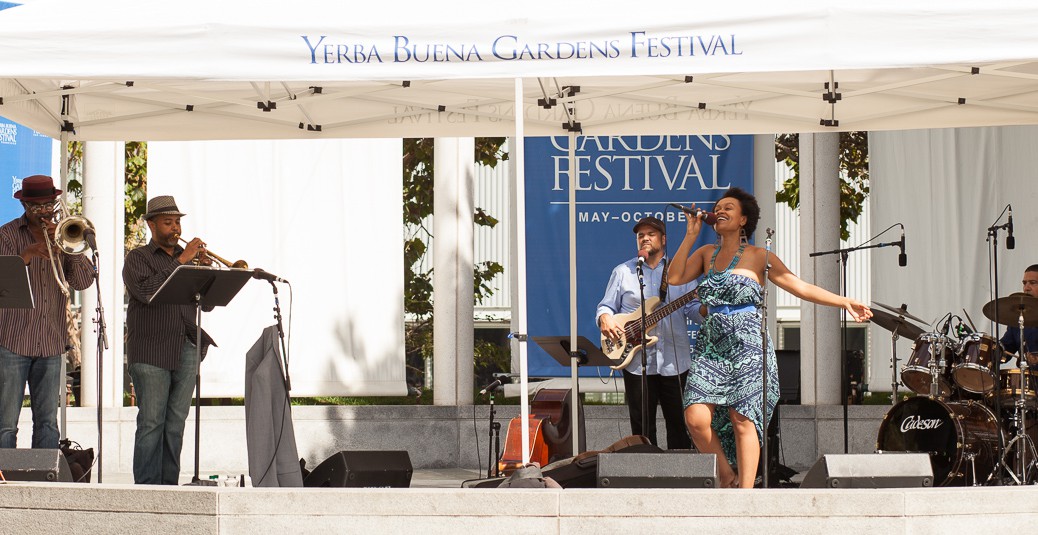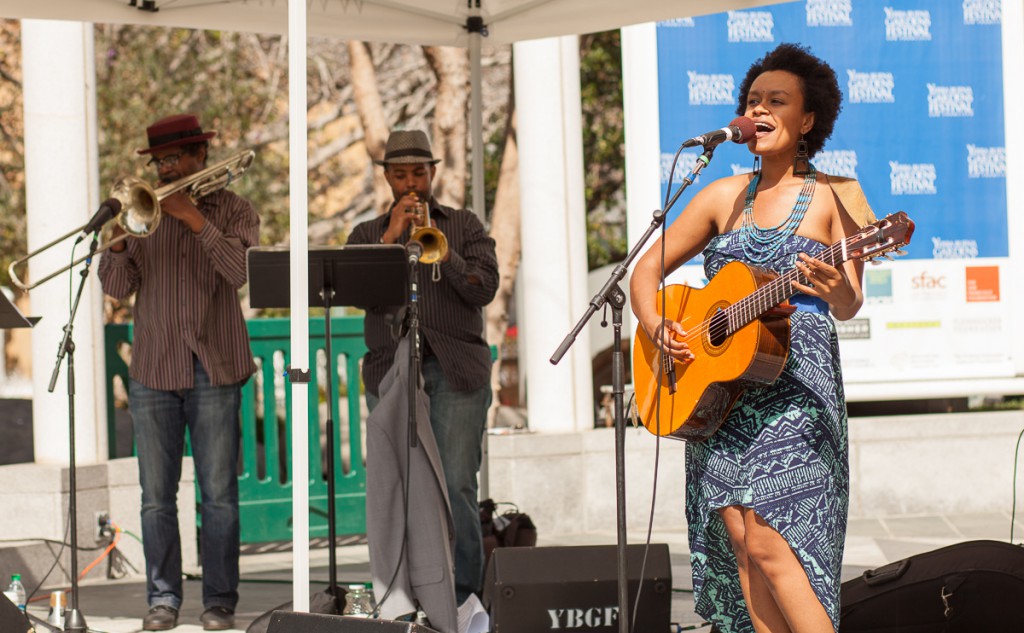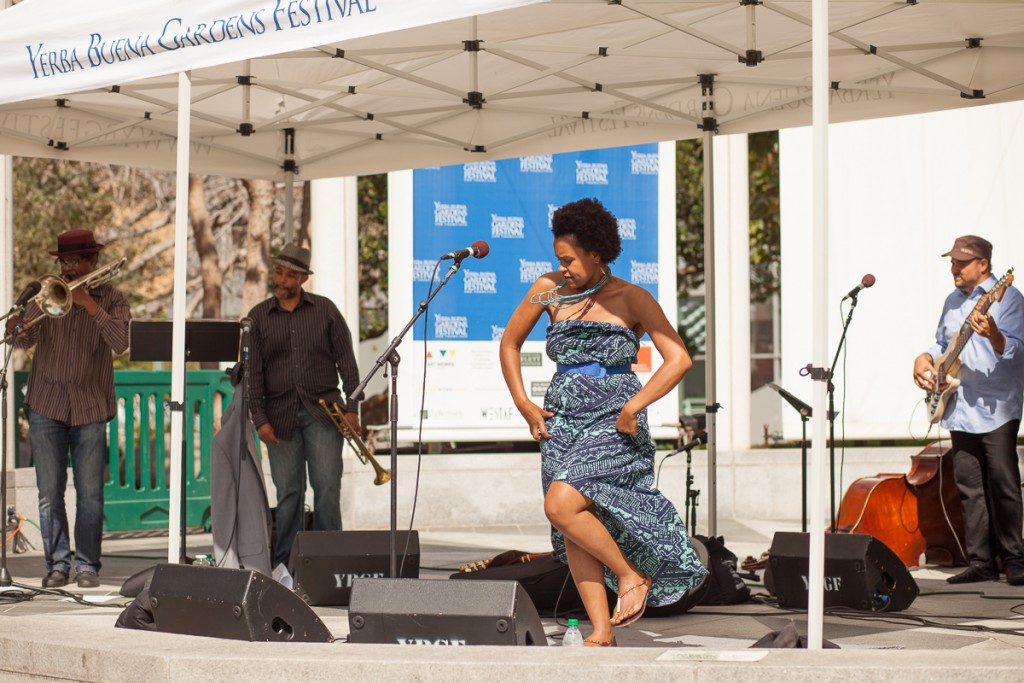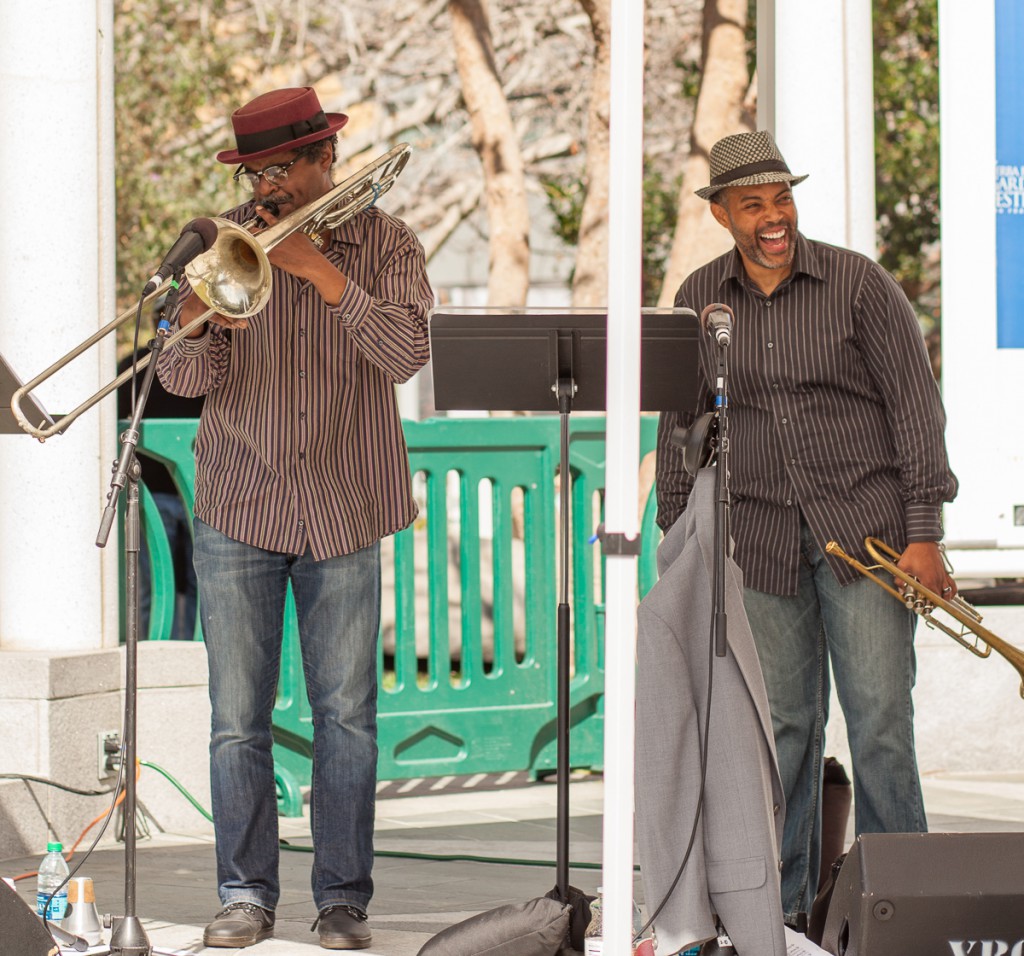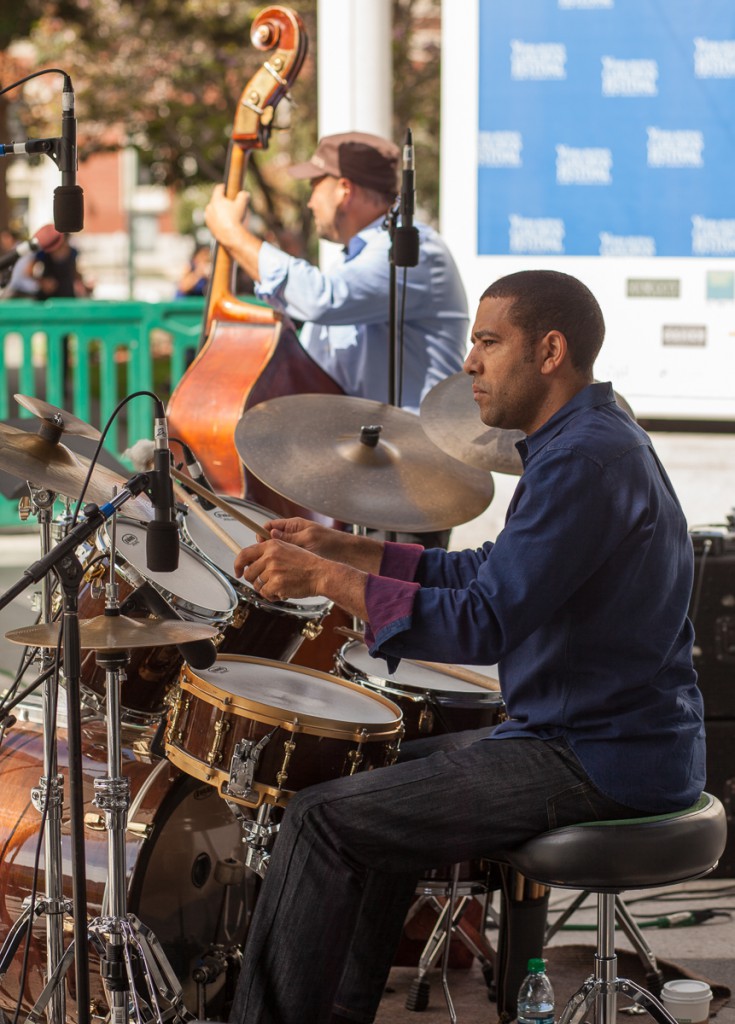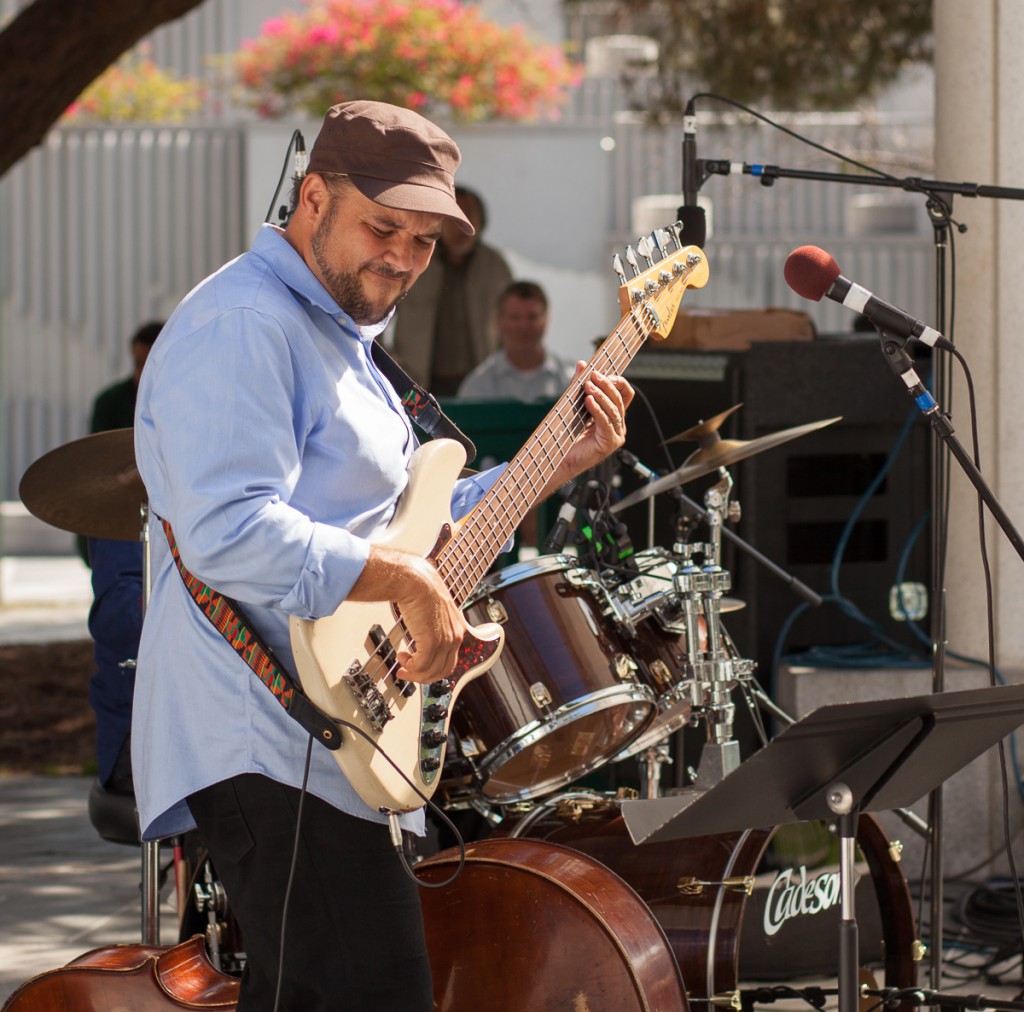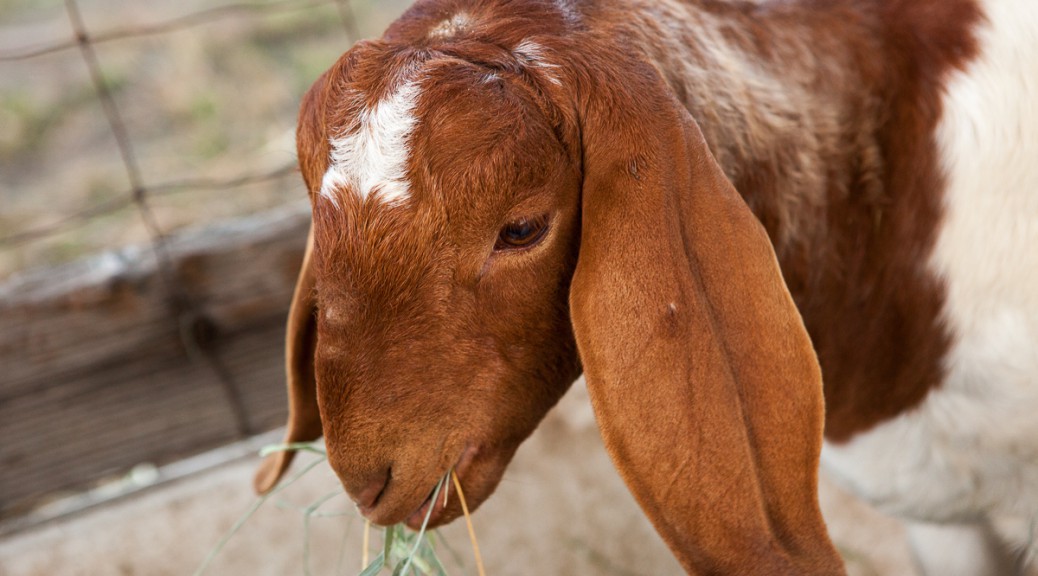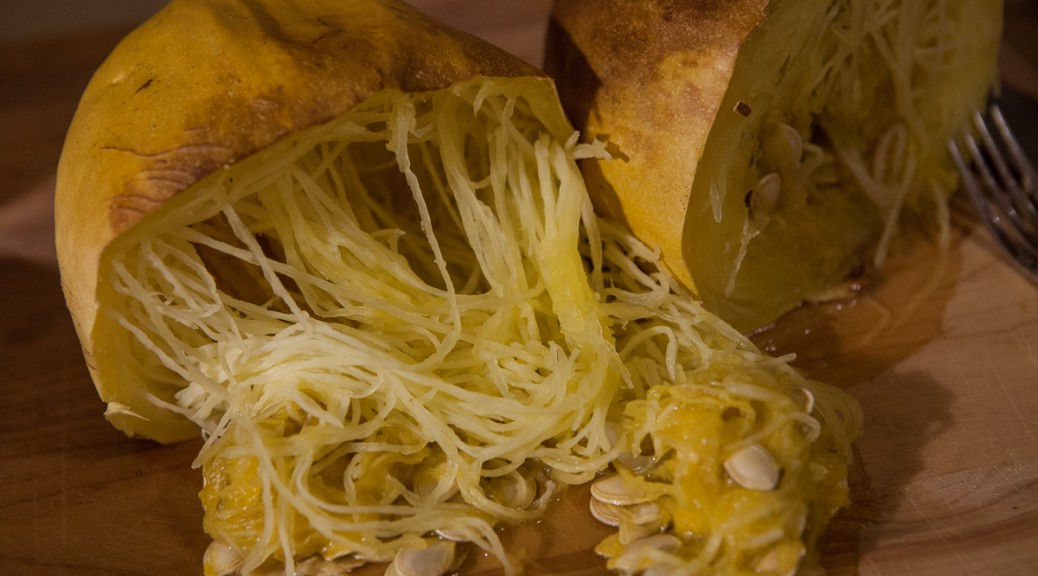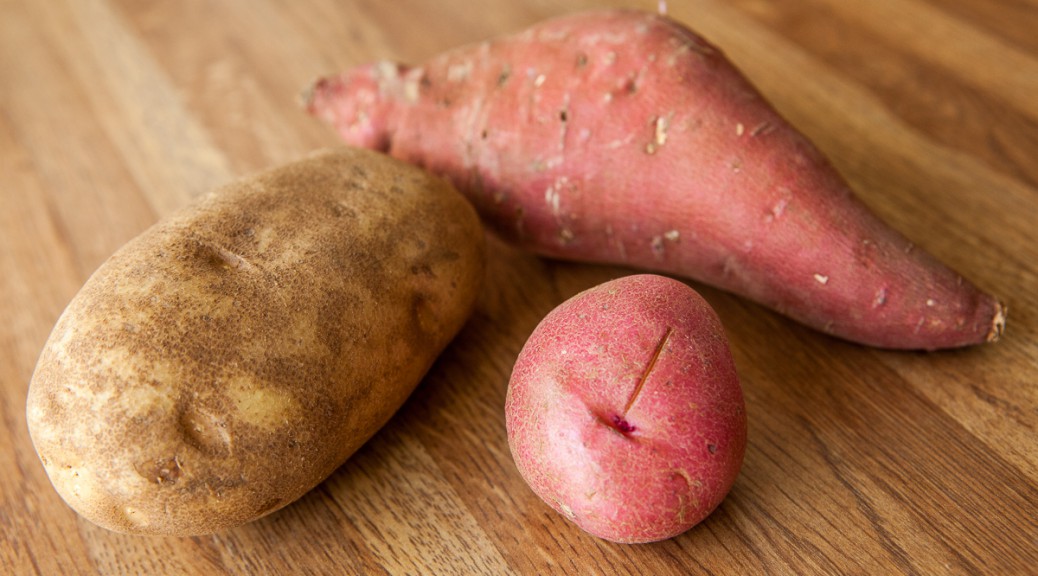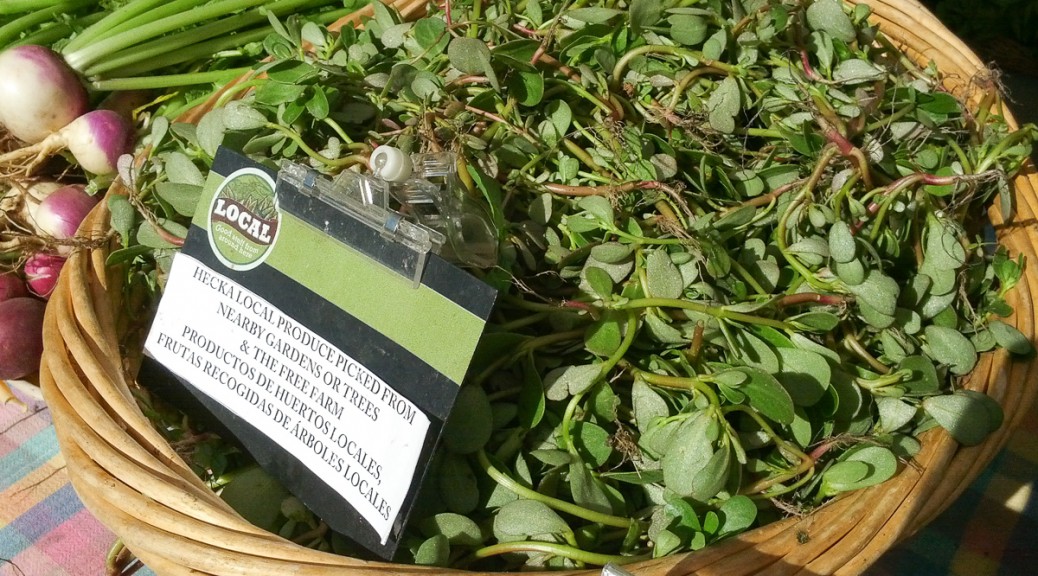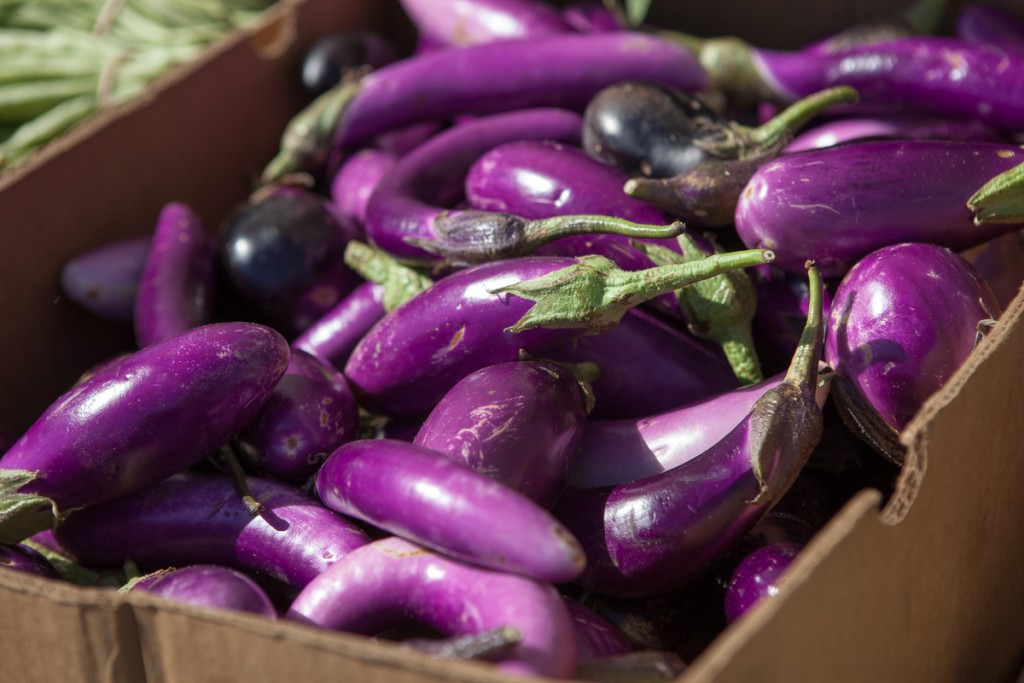[Image: A baked spaghetti squash, cut open to show the flesh, seeds, and pulp.]
Last night I baked that spaghetti squash (pictured above) that I mentioned buying for the first time this weekend. I tried it plain first, and found it crunchy and a bit bland, so I added a chopped tomato. Ziggy enjoyed his with jarred tomato sauce.
I admit I was hesitant to try this particular squash because I didn’t want to see it as a pasta substitute. I’ve long steered clear of the low-carb and gluten-free trends, always preferring a high-carbohydrate diet and never having a problem digesting gluten myself. My preferred pasta consists entirely of organic durum wheat, which I consider a perfectly healthy choice. But I see squash as even better, both nutritionally and environmentally as there’s no packaging and I can compost the rind, pulp, and seeds (which could also be eaten).
I’m realizing that a lot of what we consider “normal” meals are habits adopted from our parents and friends, dictated by a 40 hour work week, and backed by the constant, insidious push of commercial interests and their government lobbyists. There’s no reason that the morning has to start out with cereal and milk, pancakes and orange juice, or toast and coffee. After a short run this morning I indulged in a delicious mango, and would have had a second if we’d had one (I don’t want to get in the habit of buying expensive tropical fruits). Normally I would have started the day with black tea with sugar and soy milk, then had a second cup with oatmeal, but for now I’m quite satisfied with fruit.
Fruits and vegetables are not much of a priority for advertisers, unless they can package them in a way to maximize profit. Want the nutritional power of kale, but don’t want to take the time to prepare it? Here, eat our dehydrated kale chips! Know you should eat your veggies, but don’t want to? Here, drink our vegetable juice blend! Love fruit, but on the go? Here, eat our convenient fruit and nut bars! Etc.
Every dietary trend that comes along is similarly packaged and commodified. Low-glycemic? Gluten-free? Here, buy these special breads and pastas! Subscribe to this diet plan! Raw? Buy this dehydrator! Buy this cookbook!
Aside from the pressures from advertisers and the challenges of getting through the work or school week, eating differently from everyone else can be a serious social challenge. Peer pressure is very strong. I never would have started drinking if it weren’t for that, as I never liked alcohol; I stopped drinking completely six years ago and haven’t missed it. Children can be teased relentlessly if they eat different foods, and parents are often scolded for supposedly harming their children by withholding animal products from them.
Many ethical vegans counsel activists not to make vegans “look weird” by eating food that’s “too healthy”; they emphasize that vegans can eat pizza, hot dogs, burgers, and junk food just like anyone else. While this is true, and I don’t think there’s anything inherently wrong with eating plant-based versions of flesh and dairy products, I don’t like the idea that we have to assimilate in order to spread our message effectively. Animal liberation should sell itself if presented strongly and consistently as a position against violence and speciesism. What the vegan activist presenting the message chooses to eat shouldn’t even be a part of the conversation, unless the listener brings it up.
Another concern is that vegan messaging that emphasizes healthy foods can lead to fat-shaming. This is a valid concern, as I’ve seen a lot of fat-shaming by health-oriented vegans. My position is that besides myself and my partner, no one’s weight is any of my business. While I do value fitness and prefer to stay slim myself, I no longer give anyone advice on weight loss (or gain) unless someone asks me about it directly. Once again, my strategy is to avoid talking about diet when advocating for animal liberation, unless I’m asked specific questions about nutrition.
Ultimately, we all have to craft a diet that works for us within our financial and practical means. I currently have the freedom to eat without worrying about structured meal times, eating on the go, or social pressures. If eating a meal of just bananas or just baked sweet potatoes makes me weird or eccentric, while eating a burger, fries, and milkshake (whether vegan or not) is considered “normal,” so be it.
Like this:
Like Loading...
